Kia has revealed a new manual gearbox, using an electronic rather than mechanical linkage, for its forthcoming mild-hybrid models, which the firm claims offers improved fuel economy and greater driver engagement.
The new Intelligent Manual Transmission (IMT) system will be introduced on the 1.6-litre 48V mild-hybrid diesel powertrain for the Kia Ceed and Kia Xceed, and will also be used on the 1.0-litre mild-hybrid petrol version of the forthcoming refreshed Rio. It will then be introduced to other 48V electrified powertrains in the future.
The system replaces the traditional mechanical linkage for the clutch with an electronic wired connection, with the system then integrated into the 48V MHEV powertrain system. It works with the mild-hybrid’s starter-generator to switch off the engine when coasting – while keeping the chosen gear engaged – which Kia claims boosts fuel efficiency and reduces CO2 emissions by up to 3% in real-world conditions.
The IMT system has been developed at the Hyundai Motor Group’s European technical centre in Germany, with a specific focus on the European market due to the continued popularity of manual gearboxes. Michael Winkler, Kia’s powertrain boss, said that manuals still accounted for more than half of the Korean firm’s sales in Europe.
“Manual gearboxes are a real driver for Europe, so we wanted to look at how to electrify a manual transmission,” said Winkler. “When we look at the global picture we still see real demand for manual gearboxes, and we saw a real benefit to being able to offer a manual transmission on a 48V electrified system.
“While the system does boost real-world economy, it’s not all about efficiency but comfort for drivers: the 48V system offers a smoother stop-start system, for example. The benefit for customers is they don’t have to do anything different: the system does it automatically.”
READ MORE
Kia Rio supermini gains mild-hybrid powertrain
Kia Ceed Sportswagon and Xceed plug-in hybrids details
Kia UK boss: Nearly a third of sales will be electrified vehicles

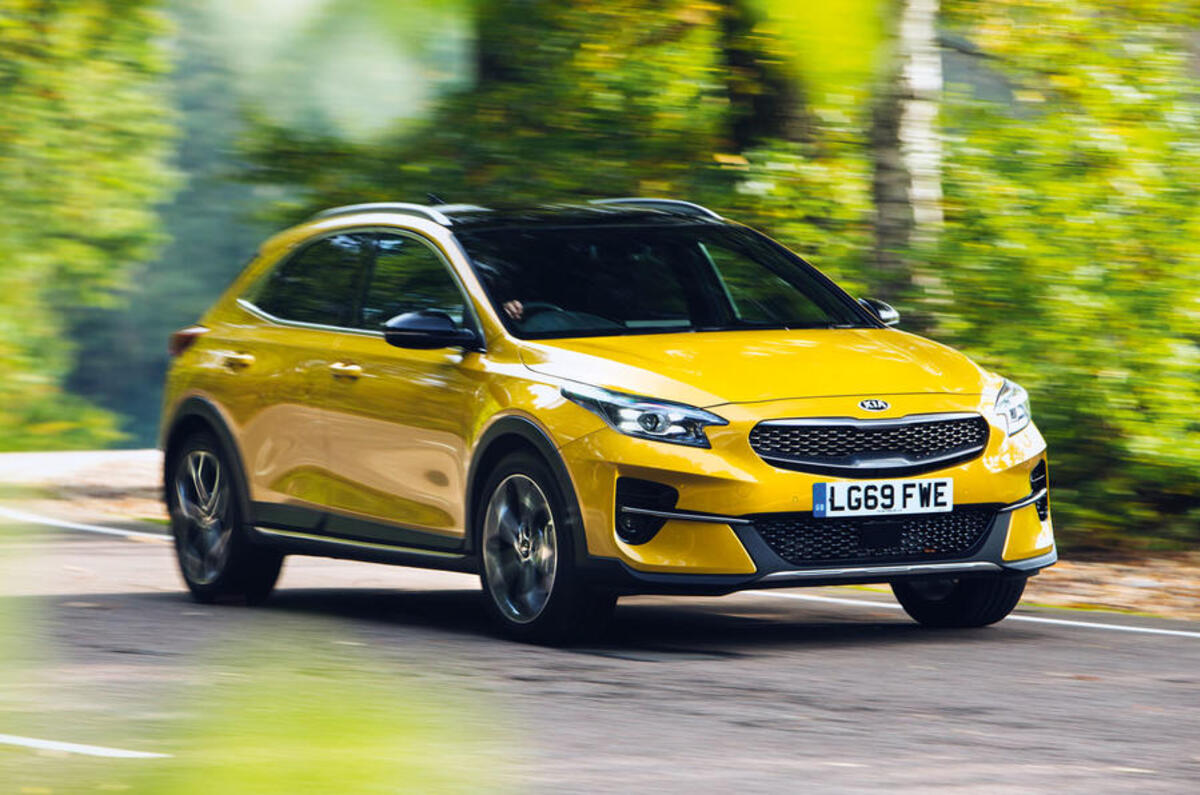
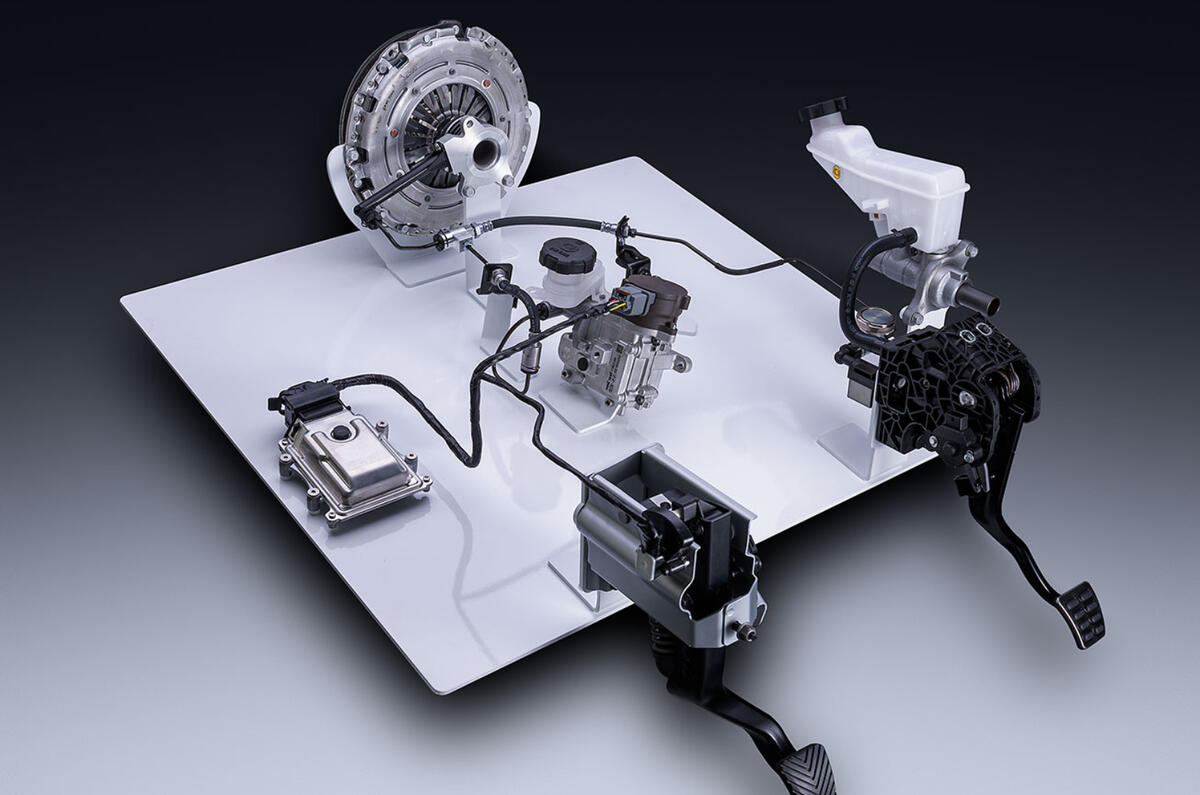
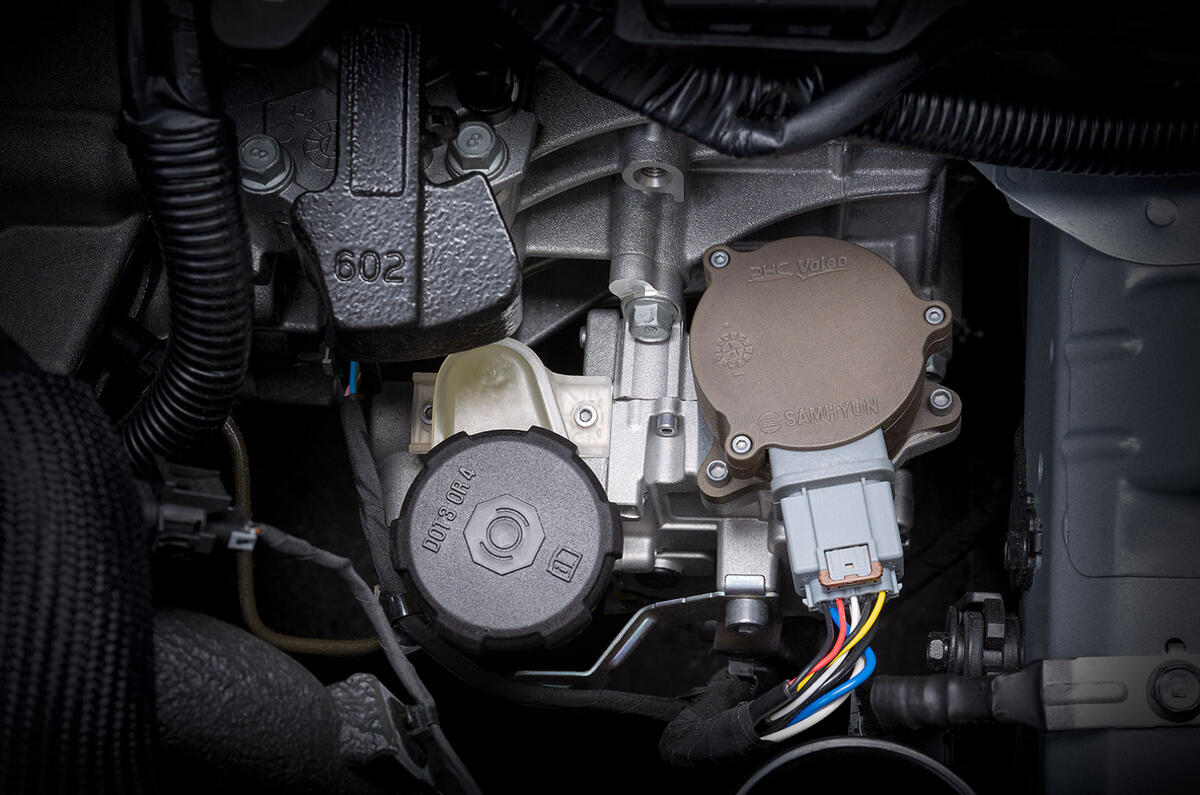
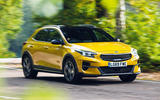
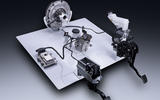
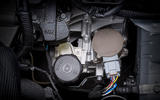






Join the debate
Add your comment
Cost
Maybe the balance between auto and manual in Europe would be different if the costs were similar and not the excessive premium now charged by most. I recall an article not so long ago stating the cost of building an auto was no more than a manual when costs of clutch and all ancilliaries for a manual were totted up. Manufacturers see auto as an additional extra profit earner , a bit like a choice of more than one standard paint finish.
I believe our love of manual stems from an outdated notion of auto unreliability that even in the 1960,s was a fallacy. Maybe marginally worse economy used to play a part, but that is no longer the case.
Old But not yet Dead wrote:
Speak for yourself, its nowt to do with unreliablilty for me, I hate non (ICE) autos cos they dont drive very well, you have far less control, they are very jerky, particlularly at low speeds (twin clutchs are worse than torque wasters, sorry I mean converters). I also hate them cos I love changing gear and clutch control - nothing controls a car better than feeding a clutch in or out.
@LP in Brighton and typos1
@ si73 not quite
No, they cut the fuel supply when the throttle is closed and the car is in gear. If the fuel supply was turned off when the engine was idling, it would stall. This has been the case for the last 30 years or so, partly for fuel saving and partly for emissions. That said, some cars set up to pop and bang on the overrun may act slightly differently!
Yeah sorry, I was looking at
My mistake
The KIA said that half of the firm's new car sales in Europe are manual? Why? Cos their autos are crap! If they had decent autos more buyers would choose it.
And only time will tell if this new gearbox is reliable or not.
Not sure their autos are crap
si73 wrote:
I like the concept of CVTs, but they rarely seem to work in reality, sadly. When I say "work" I mean they should be more efficient, ie faster, more economical and lower emissions all at the same time. I couldnt care less if they make the engine sound different to what most (ridiculously conservative) car enthusiasts are used to, if theyre faster, more efficient and lower emissions.